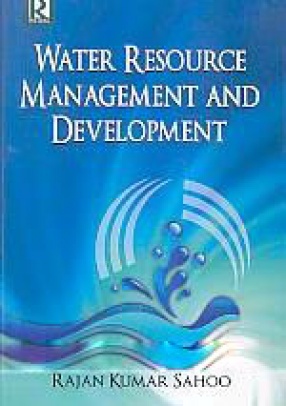
Rajan Kumar Sahoo

Showing all 9 books
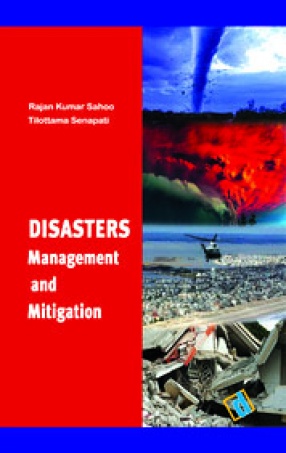
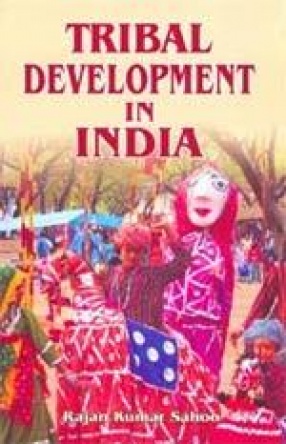

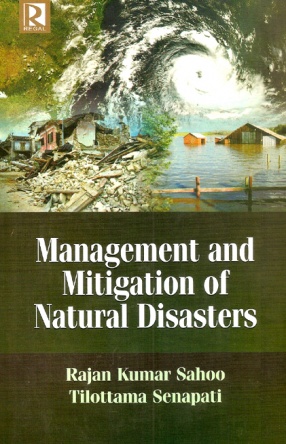
India is vulnerable to natural disasters. Sixty percent of the landmass of India is prone to earthquake or landslides of different magnitudes and about forty million hectares equivalent to eight percent of its geographical area is subject to reverine and flash floods. So in the face of these dangers when suffering of the people is increasing like any thing the management and mitigation of these natural disasters is essential. The immediate management and long-run ...

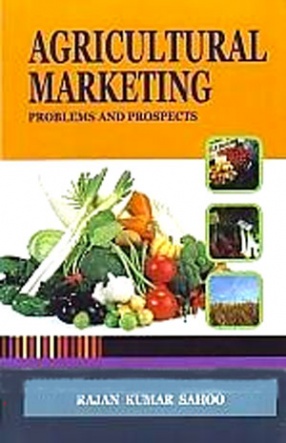
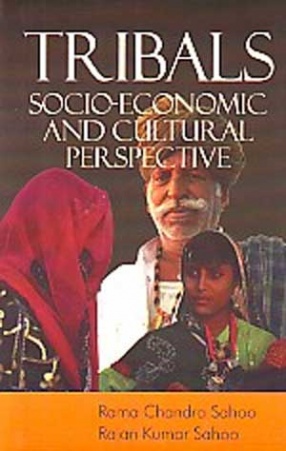
Proceedings of a national level seminar held on 16th December 2007; with reference to Orissa, India.
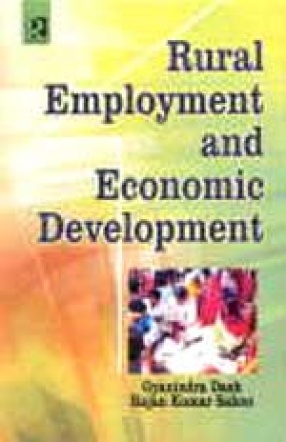
The poverty in the rural area of the country as well as the state of Orissa is a major problem today. Its eradication needs the development of the economy which spreads over a long period for achieving the objectives of full employment, growth and self-reliance. The economic development can be achieved by generating the rural employment programmes. The present work is the outcome of research findings of many learned economists, researchers, and senior faculty ...

The underdeveloped and the developing countries are living through the ages of man’s evolution simultaneously. The tribal communities in the inaccessible region continue to live in struggling against the elements of nature and depending upon its bounty. The vast majority of such people are members of village communities whose economic base is agriculture, who are now being exposed to new socio-econoimic forces with higher valuation for greater consumption, ...
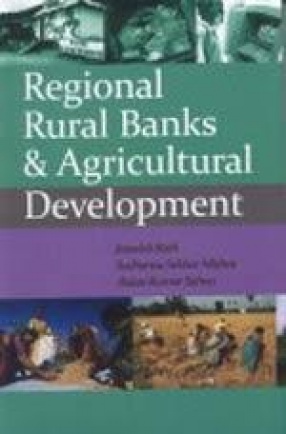
In the post reform economy the Regional Rural Banks are facing many challenges. Hence there is every necessity to find out the effectiveness of Regional Rural Banks for developing the agricultural sector at all levels e.g., regional, state and national. The present work is the outcome of the research work of many searchers, senior faculty members and bank personnel from various places of Orissa. The researchers have studied on various problems and prospects of ...
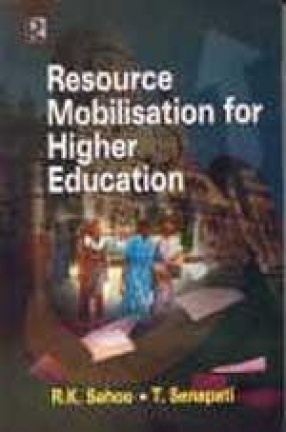
With the introduction of Economic Reform, replacement of GATT (General Agreement on Trade and Tariff) by WTO (World Trade Organisation) (1995) and signing of General Agreement on Trade and Services (GATS) by WTO in 1996, Higher Education has become a non-priority area and treated as a non-merit good. So the resource mobilisation for the sector has become a problem. In such a context the present study which is a research work of many scholars and social ...
